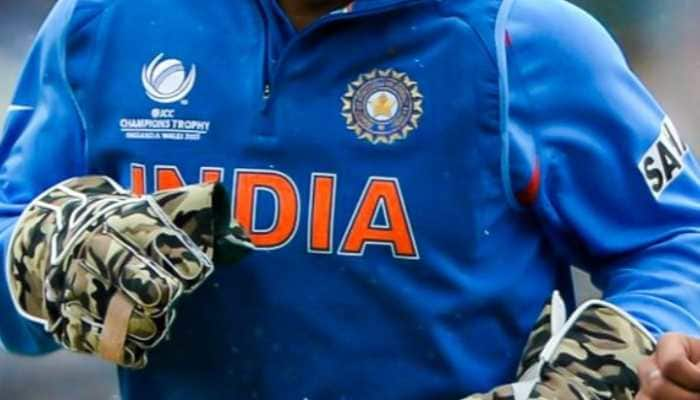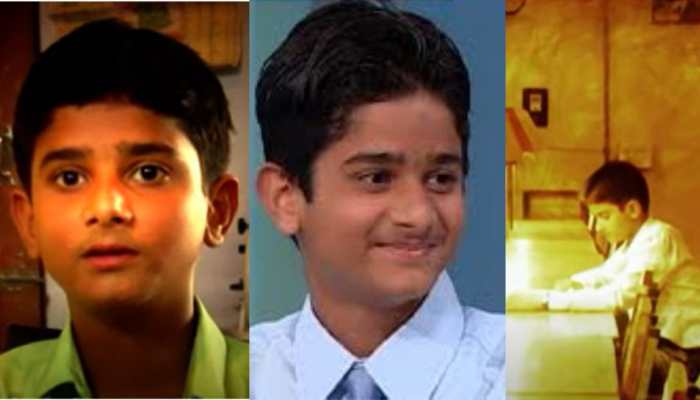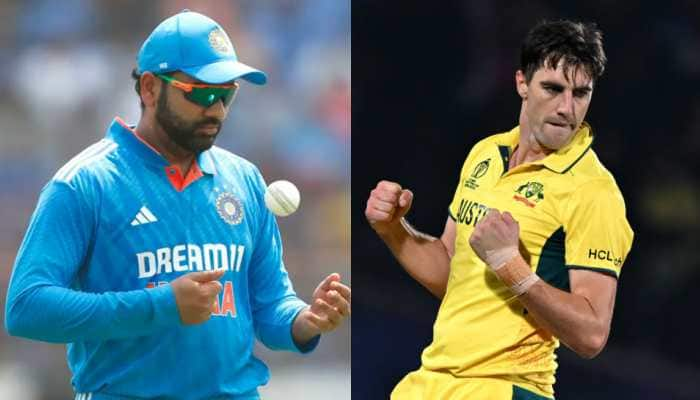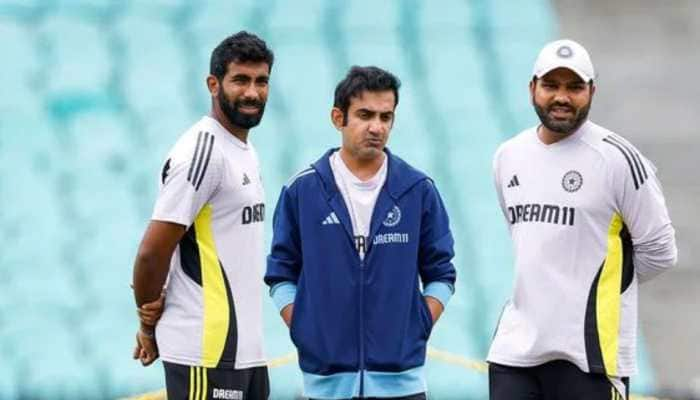Eknath Shinde Govt Formed in Maharashtra due to SC Orders: Uddhav Faction Tells Apex Court
On August 23, 2022, a three-judge bench of the top court headed by then chief justice N V Ramana had formulated several questions of law and referred to the five-judge bench petitions filed by the two Sena factions.
Trending Photos
) File Photo
File Photo New Delhi: The Uddhav Thackeray faction of the Shiv Sena told the Supreme Court on Thursday the formation of a new government in Maharashtra under Eknath Shinde was the "direct and inevitable result" of two orders of the apex court that "disturbed the co-equal and mutual balance" between judicial and legislative organs of the State. Senior advocate A M Singhvi, representing the Thackeray camp, told a five-judge constitution bench headed by Chief Justice DY Chandrachud that the orders of the top court dated June 27, 2022, and June 29, 2022, "cumulatively and conjointly", were not orders that merely protected the status quo but created a new status quo.
"The formation of a new government on June 30, 2022, was the direct and inevitable result of two orders by the Supreme Court. By June 27, 2022 order this court gave a negative injunction by not allowing the deputy speaker to decide the pending disqualification petitions and, by order dated June 29, 2022, a positive order was passed allowing the trust vote to be held on June 30, 2022," he said.
Singhvi told the bench, also comprising Justices MR Shah, Krishna Murari, Hima Kohli and PS Narasimha, that by the order dated June 29, 2022, the court clearly made all acts and omissions which were to follow subject to the final outcome of the pending petitions in the matter. He said "subject to" necessarily and only means that the court is issuing an 'in rem' (directed against a thing rather than an individual) warning that all those who act after the "subject to" order do so at their own risk and any consequences, equities, rights, or new status quo created after the order will be liable to be reversed and status quo ante restored.
"The consequence of change of government happened fundamentally because the Deputy Speaker was disabled/ fettered in the interim from discharging his constitutional duties under the Tenth Schedule (disqualification law)," he submitted, adding the June 27, 2022 decision was contrary to the 1992 five-judge verdict in Kihoto Hollohan case. The SC judgement in the Kihoto Hollohan case upheld the sweeping powers of the Speaker in deciding the disqualification of MLAs.
"It disturbed the co-equal and mutual balance between judicial and legislative organs, the latter represented by the Deputy Speaker, contrary to detailed Supreme Court judgments," he said, adding "the orders dated June 27, 2022 and June 29, 2022, cumulatively and conjointly, did not order merely protecting the status quo, but created a new status quo."
Singhvi, referring to the 2016 Nabam Rebia case, said the top court has sufficient judicial precedents where a complex and intertwined set of acts and omissions have been reversed with restoration of status quo ante based upon purposive interpretation and the intent to do complete justice while judicial adjudication is ongoing.
CJI Chandrachud told Singhvi that by applying Nabam Rebia case here, the Speaker could not have decided the disqualification petitions against the MLAs as the 2016 verdict says where a motion for removal of Speaker is pending he cannot decide on disqualification.
Singhvi said the facts and sequence make it "indubitably and unambiguously" clear that a reference back to the Speaker for a decision on the disqualification petitions filed by the petitioner (Uddhav faction) would be a futile exercise involving a foregone conclusion.
"It is respectfully submitted that if this court does not itself decide the question of disqualification, the result will be that the Respondents (Eknath Shinde faction), who have now got an order from the Election Commission that they are entitled to the symbol of the Shiv Sena, would be able to issue whips to the petitioners, defiance of which will result in disqualification of the petitioners," he said.
Singhvi submitted that allowing the disqualification petitions to be decided by a person who has been appointed as Speaker with the active support of the Eknath Shinde group, and who has conducted himself in a biased and mala fide manner, will result in incentivising the constitutional sin of defection, and would be against the spirit and intent behind the Tenth Schedule.
"The same would be in the teeth of constitutional morality. Thus, the principle of purposive interpretation demands that the present Speaker not be entrusted with the task of deciding the disqualification petitions", he said.
Senior advocate Kapil Sibal, also appearing for the Uddhav faction, had, in an unusual move on Tuesday, urged the top court to decide the disqualification proceedings pending against Shinde and Shiv Sena MLAs belonging to his camp, saying that would be the only way to "uphold the democratic spirit of the Constitution". The hearing remained inconclusive and will continue on February 28.
A political crisis had erupted in Maharashtra after an open revolt in the Sena and, on June 29, 2022, the apex court refused to stay the Maharashtra governor's direction to the 31-month-old MVA government to take a floor test in the assembly to prove its majority. Thackeray resigned as the chief minister before the floor test to avoid an impending defeat.
On August 23, 2022, a three-judge bench of the top court headed by then chief justice N V Ramana had formulated several questions of law and referred to the five-judge bench petitions filed by the two Sena factions which raised several constitutional questions related to defection, merger and disqualification.
The Tenth Schedule of the Constitution provides for prevention of defection of the elected and nominated members from a political party and contains stringent provisions against it.
Stay informed on all the latest news, real-time breaking news updates, and follow all the important headlines in india news and world News on Zee News.
Live Tv







)
)
)
)
)
)
)
)
)
)
